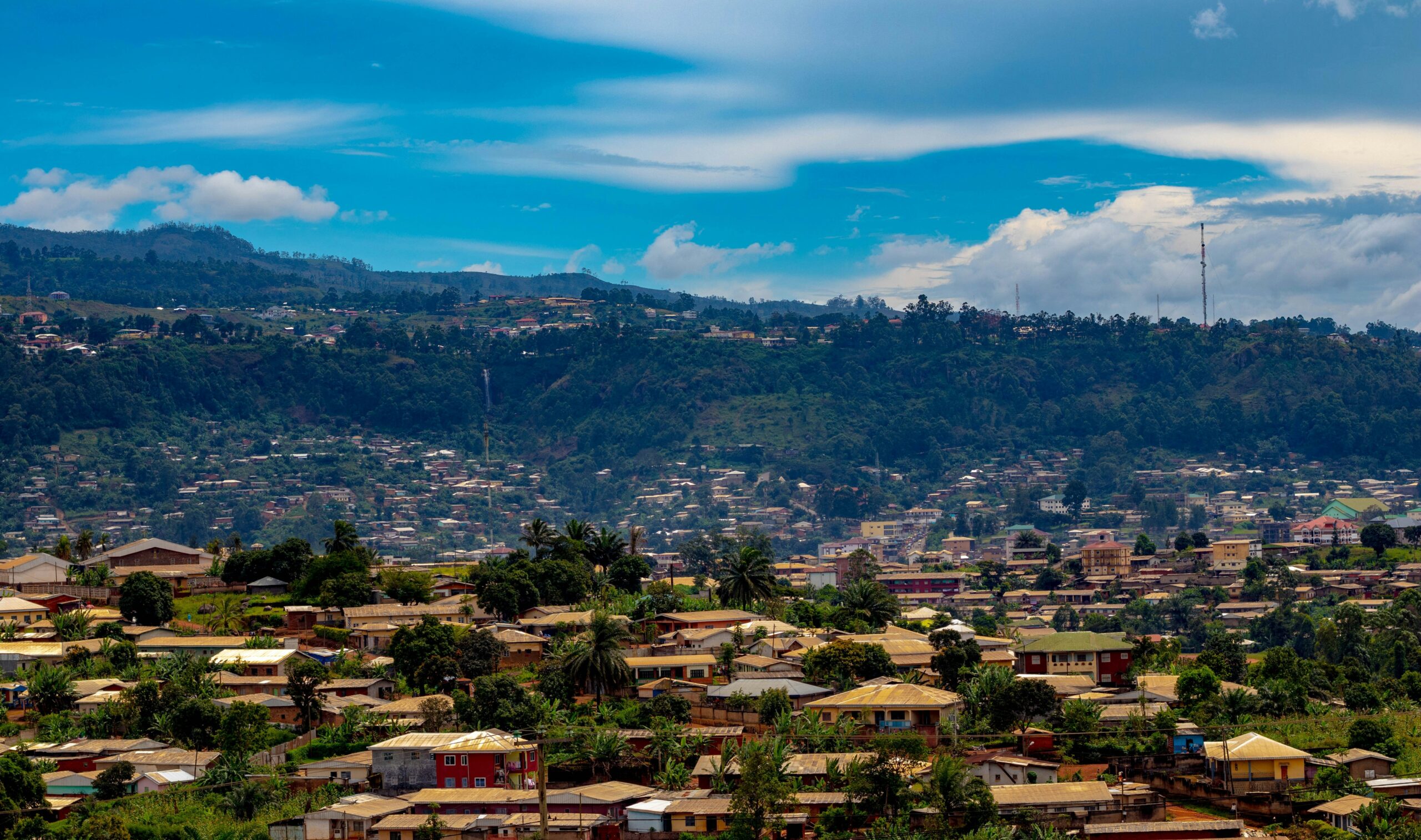
The war-torn region of North Kivu in the Democratic Republic of the Congo (DRC) has witnessed a disturbing rise in sexual violence amid ongoing military conflicts, according to a new report from the United Nations. This surge in violence comes despite international efforts to mediate peace, highlighting the severe humanitarian crises that persist in conflict zones.
Key Facts From the UN Report
- In 2023, North Kivu registered a daunting total of 22,000 cases of sexual violence.
- The first five months of 2024 alone saw 17,000 cases, suggesting a continuing upward trend.
- The violence has been exacerbated by the activities of the Rwanda-backed M23 rebels.
Background of the Conflict
The DRC has been embroiled in conflict for decades, with various armed groups vying for control over the resource-rich region. The recent spike in violence can be traced back to intensified skirmishes between Congolese forces and M23 rebels, who are said to receive support from Rwanda. Despite a Qatar-mediated agreement aimed at ceasing hostilities, the peace remains fragile and the violence has escalated, spilling over into neighboring provinces and causing massive displacement.
Impact on the Population
According to the UN Secretary-General Antonio Guterres’s report, many victims of sexual violence have endured horrific atrocities, including gang rapes and assaults involving objects. The majority of these crimes were perpetrated by multiple offenders, adding to the complexity of providing support and justice to the survivors. The report also notes a disturbing trend of sexual violence being used as a weapon of war, thereby exacerbating the already dire humanitarian situation.
Reactions and Responses
The international community has expressed deep concern over the findings of the report. Nobel Peace Prize laureate Denis Mukwege, known for his work in combating sexual violence in the DRC, emphasized the lack of accountability for perpetrators, stating that without consequences, such atrocities will continue unabated. The UN report also highlighted that some of the sexual violence was perpetrated by state actors, including elements of the DRC army, complicating efforts to address these violations within existing military and political frameworks.
What’s Next
The UN continues to monitor the situation closely, with hopes that ongoing diplomatic efforts will eventually lead to a sustainable peace in the region. Meanwhile, humanitarian agencies are scaling up their efforts to provide necessary medical and psychological support to survivors, many of whom have been displaced from their homes and are in critical need of assistance. The international community remains under pressure to not only respond to the immediate needs but also to work towards long-term solutions that address the root causes of conflict and violence in the DRC.